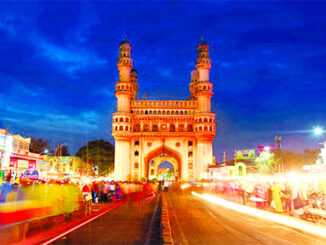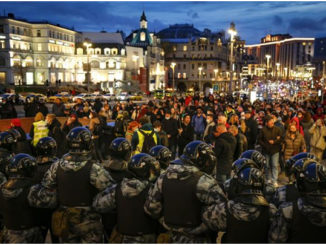
Justice delayed is better than no justice
A conviction, in the court of an additional sessions judge, of two individuals held guilty of killing two others shows how the dogged pursuit of justice can deliver results. The murders were among the thousands in Delhi in 1984, and the murderers may have gone scot free had it not been for the work of the Special Investigation Team (SIT) set up in 2015, which secured a conviction in the first case it presented before a court.
Victims of the 1984 Delhi riots have cried for justice for long and battled with indifference, the police not registering cases, active interference in investigations, as well as decades of delay, but some of them have continued their quest for justice. Successive governments have paid more lip service than taken action. This SIT, however, identified 52 of the 280 cases it scanned for further investigation. The dedicated team has shown that passage of time and indifference still allow for evidence to be found and presented in a manner which can bring justice.
The shame of the killings of 1984 forced the horror to be brushed under the carpet. The survivors lived with the trauma of having seen their friends and family members murdered by mobs. Even when cases were registered, only shoddy action followed. A number of inquiry commissions were set up, but convictions were few and far between. The Delhi Police in 1994 had closed ‘for want of evidence’ even the case that has resulted now in convictions. The negative attitude and tardy progress have led to a feeling of injustice among the Sikhs. This, even though a certain number of men have been convicted of murder over the years. The sentencing of Naresh Sherawat and Yashpal Singh by Additional Sessions Judge Ajay Pandey for killing Hardev Singh and Avtar Singh in the Mahipalpur area on November 1, 1984, in South Delhi during the riots is a salve on the wounds of victims. It is also an example that justice delayed may not always mean justice denied.
(Tribune India)





Be the first to comment